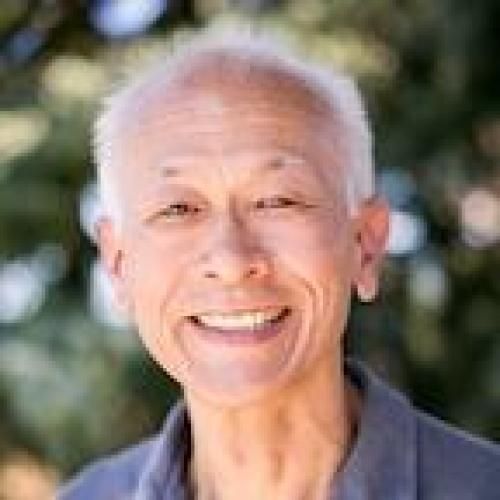Attachment and Detachment in Daoism, Buddhism, and Stoicism
Both Buddhism and Stoicism would appear to recommend the complete elimination of emotional attachment to others. The promise is release from the suffering that arises from loss or anticipated loss of others dear to the self, as emphasized by Buddhism, and tranquility and release from the tumult of wrenching passion as emphasized by Stoicism. Yet it is not so clear what kind of detachment Buddhism and Stoicism recommend. For example, on Martha Nussbaum’s interpretation, Stoicism bids us to extirpate special feeling for others. On Lawrence Becker’s interpretation, Stoicism bids us to cultivate resilience, to “encapsulate” special feeling so that the loss of its object has a limited effect on our lives. In this essay I argue that detachment as resilience is more desirable than detachment as extirpation. The cost of eliminating special feeling for others simply deprives too much value from human life, and arguably deprives life of much of its humanness. We would be better off preserving special feeling while achieving a kind of equilibrium that is not destroyed by loss. It is a challenge, however, to conceive how this could be possible. How could one continue to hold others close to one’s heart without making oneself extremely vulnerable to their loss? Can the strong and deep feelings we have for particular others really be encapsulated in the way Becker suggests? I suggest that the Zhuangzi, which also recommends a kind of detachment, has the most promising suggestions as to what attachment conducive to resilience would feel like in a genuinely human life.
Duke Scholars
Published In
Publication Date
Volume
Issue
Start / End Page
Related Subject Headings
- 5003 Philosophy
- 2203 Philosophy
- 1702 Cognitive Sciences
Citation
Published In
Publication Date
Volume
Issue
Start / End Page
Related Subject Headings
- 5003 Philosophy
- 2203 Philosophy
- 1702 Cognitive Sciences

